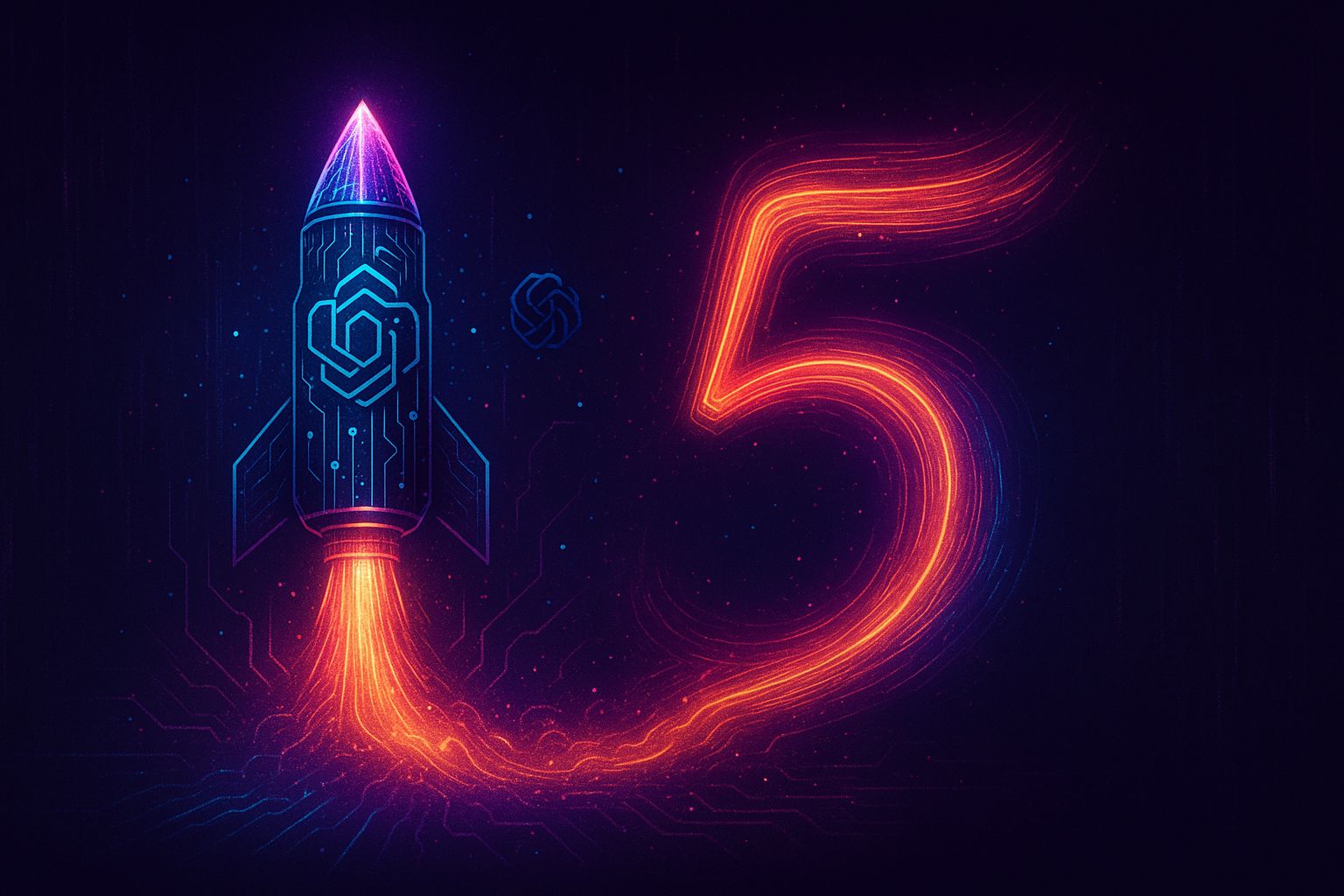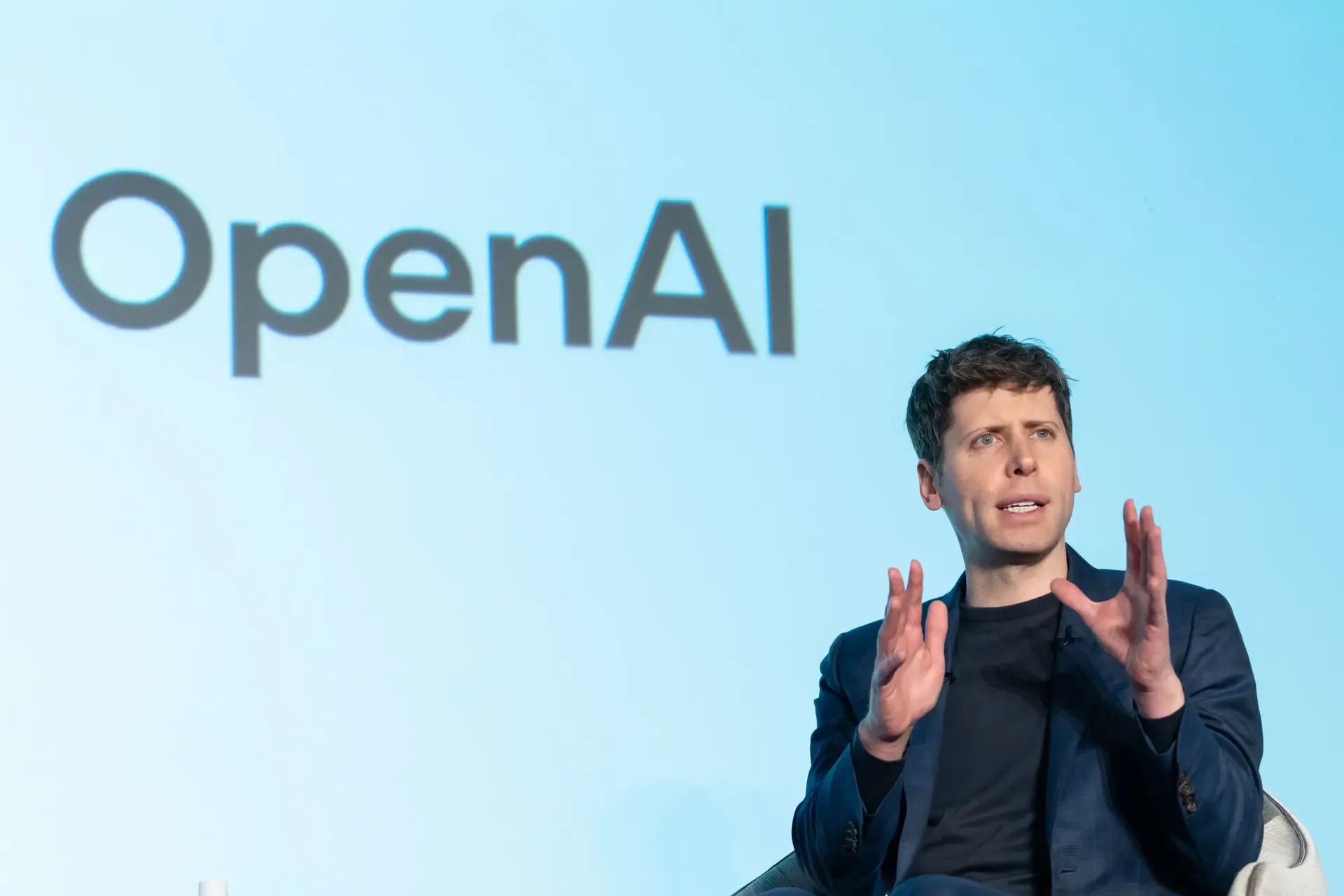- The AI Trust Letter
- Posts
- ChatGPT-5 coming in August?
ChatGPT-5 coming in August?
Top AI and Cybersecurity news you should check out today

What is The AI Trust Letter?
Once a week, we distill the most critical AI & cybersecurity stories for builders, strategists, and researchers. Let’s dive in!
🧠 OpenAI Prepares GPT-5 for soon release

The Story:
Sources have told The Verge that OpenAI plans to launch GPT-5 in August, combining its classic GPT capabilities with the specialized “o3” reasoning model in a single agent. A private beta API is already live for select partners.
The details:
Unified reasoning: GPT-5 automatically switches between general language tasks and structured reasoning under the hood.
Three tiers: A full-power version will appear in ChatGPT and the API, a “mini” edition for both, and a “nano” edition exclusively via API for low-resource environments.
Red-teaming in flight: OpenAI has built automated safety tests into beta builds, aiming to catch jailbreaks and prompt-injection tactics before public rollout.
Multimodal on the horizon: Early demos hint at expanded support for video, code execution, and real-time data queries.
Why it matters:
A faster-than-expected GPT-5 release could outpace current security reviews and compliance checks. Teams building on GPT-5 should:
Update threat models to account for more powerful reasoning and multimodal inputs
Stress-test guardrails against new jailbreak patterns and data-leak vectors
Prepare compliance reviews now, as regulators tighten rules around model transparency and safety
🇺🇸 Trump unveils AI Action Plan

The Story:
The White House released a detailed AI Action Plan that directs federal agencies to roll back regulations on AI safety and bias, expand data-center infrastructure, and boost US leadership in artificial intelligence.
The details:
Regulatory rollback: Agencies must seek presidential approval before issuing new AI rules on fairness or safety.
State law preemption: Federal limits override any state or local AI regulations unless the Commerce Department grants an exemption.
Infrastructure push: The plan calls for billions in investment to expand US data centers and AI chip production.
Export promotion: One executive order will ease international sales of US-developed AI technologies.
Bias prohibition: The administration will “root out ideological bias,” blocking rules that enforce anti-discrimination measures in AI systems.
Risk monitoring: Officials will track AI misuse and emerging threats while accelerating development to “win the AI race.”
Why it matters:
Organizations need to keep a close eye on new directives as they emerge, strengthen their own bias-detection and ethical review practices, and lend their voices to the policy debate so that any rules that do take hold are practical, risk-based, and truly protect users.
🚨 Allianz Life Breach Exposes Majority of Customer Data

The Story:
Allianz Life confirmed that hackers used social engineering to break into a third-party cloud CRM on July 16, stealing personal information for the majority of its 1.4 million U.S. customers, financial advisors, and select employees. The company disclosed the breach in a legally required filing with Maine’s attorney general and has notified the FBI.
The details:
Attackers tricked a help desk into granting access to the CRM, then copied customer records, advisor data, and employee details.
Allianz Life reports no signs of other systems being compromised or of a ransom demand.
Affected individuals will be notified around August 1.
This incident follows similar “Scattered Spider” social-engineering breaches across the insurance sector.
Why it matters:
This incident shows how attackers target vendor systems to bypass core network defenses, underscoring the need for stronger third-party controls and employee training on social engineering.
🐞 Cursor Launches Bugbot to Auto-Detect Code Errors
The Story:
Cursor, the coding platform, has released Bugbot, a tool that integrates with GitHub to spot errors in code changes as they are made.
The details:
Bugbot runs on pull requests and automatically flags errors introduced by human or AI agents.
Thousands of engineering teams tested Bugbot in beta before its public launch.
The service costs $40 per user per month, with discounted rates for annual subscribers.
Since 2022, Anysphere has raised $900 million and serves customers including OpenAI, Shopify, and Discord.
Why it matters:
AI-assisted coding increases development speed but can introduce subtle bugs. Automating error detection within existing workflows helps teams maintain code quality as they scale.
🎙️ Podcast recommendation of the week
Demis Hassabis, CEO of Google DeepMind and Nobel Prize laureate, joins Lex Fridman to explore how AI can uncover and leverage the hidden structure in natural systems, from protein folding to fluid dynamics.
What´s next?
Thanks for reading! If this brought you value, share it with a colleague or post it to your feed. For more curated insight into the world of AI and security, stay connected.
